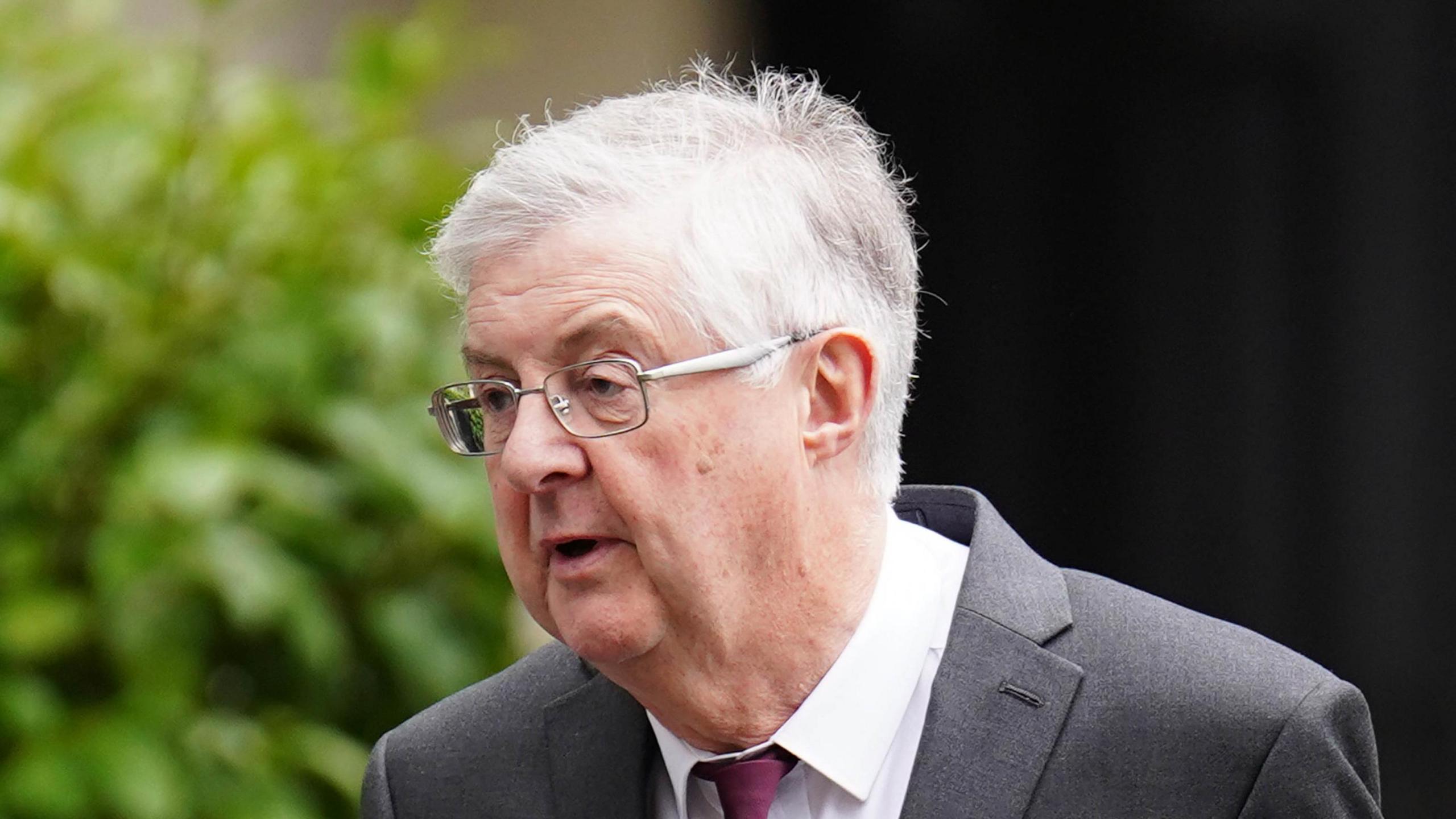Form of genocide in care homes during Covid - doctor
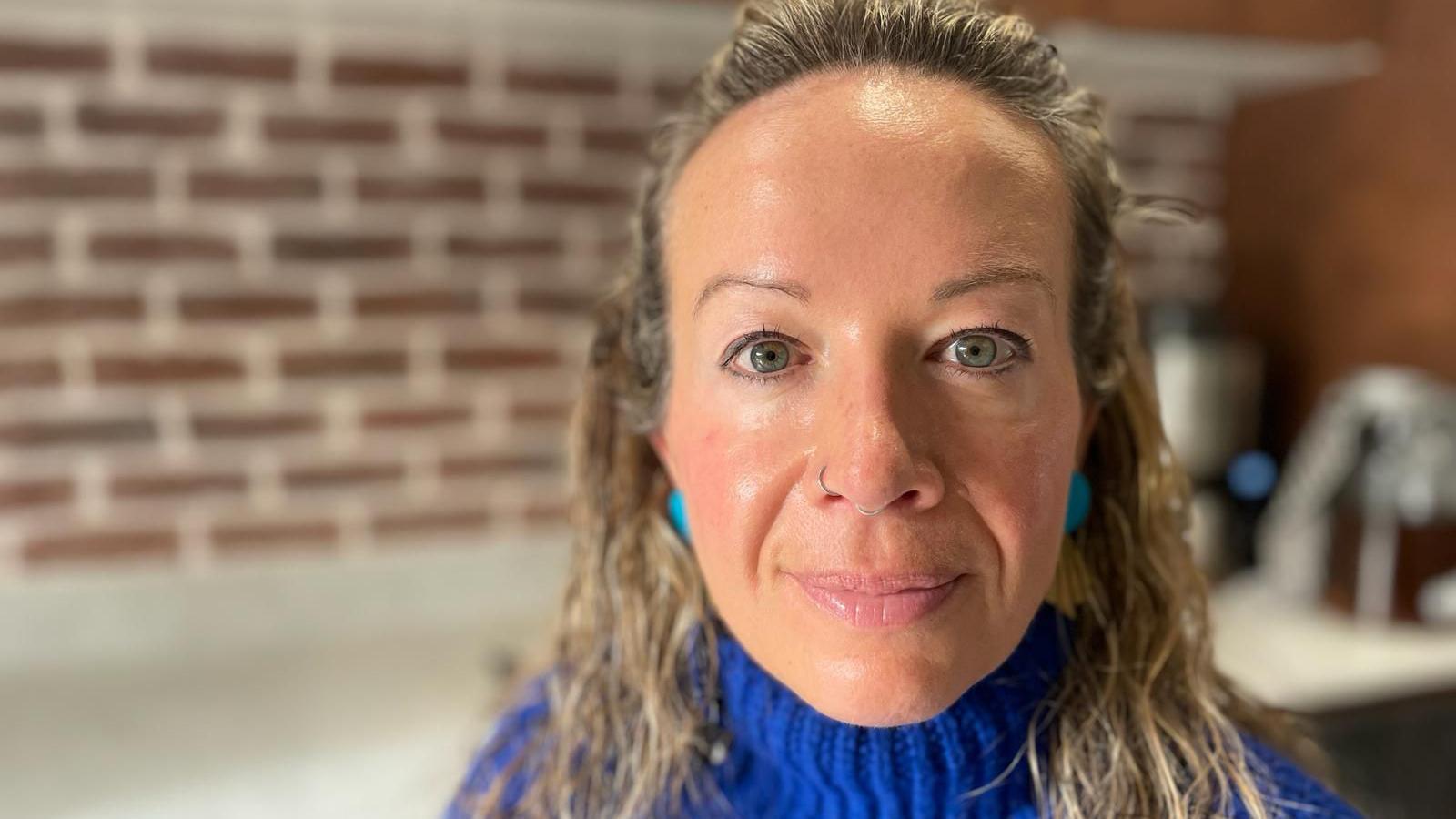
Intensive care doctor Laura McClelland worked in one of the hospitals that bore the brunt of Covid cases in the early months of the pandemic
- Published
Discharging untested patients to care homes during the Covid-19 pandemic was "a form of genocide", a front-line doctor has said.
Intensive care doctor Laura McClelland said three things still made her angry four years on from the start of the pandemic.
She added doctors had little option but to discharge patients as they struggled to "rustle up" carers who were willing to risk their lives for minimum wage jobs.
She was speaking ahead of the UK Covid inquiry's three-week visit to Wales, which begins on Tuesday.
Covid: Discharging patients to care homes 'was genocide'
When the pandemic broke out, Dr McClelland was working at the Royal Gwent Hospital in Newport, one of those that bore the brunt of the first wave.
She also featured in a BBC Wales documentary made during that time.
She finds it difficult to talk about some of her experiences – the toll on staff, patients and loved ones is not easily forgotten.
And while she is proud of the sacrifices she and colleagues made to adapt and cope, her second source of anger is the impact it had on families, and those left grieving alone, under strict rules to minimise contact.
Covid inquiry: The UK pandemic in numbers
- Published5 July 2023
How do Covid death rates compare across the UK?
- Published17 January 2024
Trying to establish a rapport with relatives over a video link, as their loved ones were dying from Covid was "deeply inhuman for everybody involved," she said.
Establishing eye contact was near impossible as her visor meant all people saw were reflections bouncing off the plastic.
"I just have to hope the compassion got through," she said, recalling that even voices were muffled through the layers of PPE and background noise.
"It’s something I don’t think we will ever be able to get over".
Over the next three weeks the Covid inquiry will bring its hearings to Wales, focusing on the decisions made by the Welsh government.
Dr McClelland said accountability would be key for her.
"Sometimes we would invite patients’ families to be present via video call at the end of life - because people want to be there.
"And so I met many families for the first time via video call and was thrust into the reality of their loved one dying in the presence of strangers without them to hold their hand.
"We started using handprint kits more and taking locks of hair so that after a defined period of time those could be returned to the family - once they had been deemed to no longer be an infection risk."
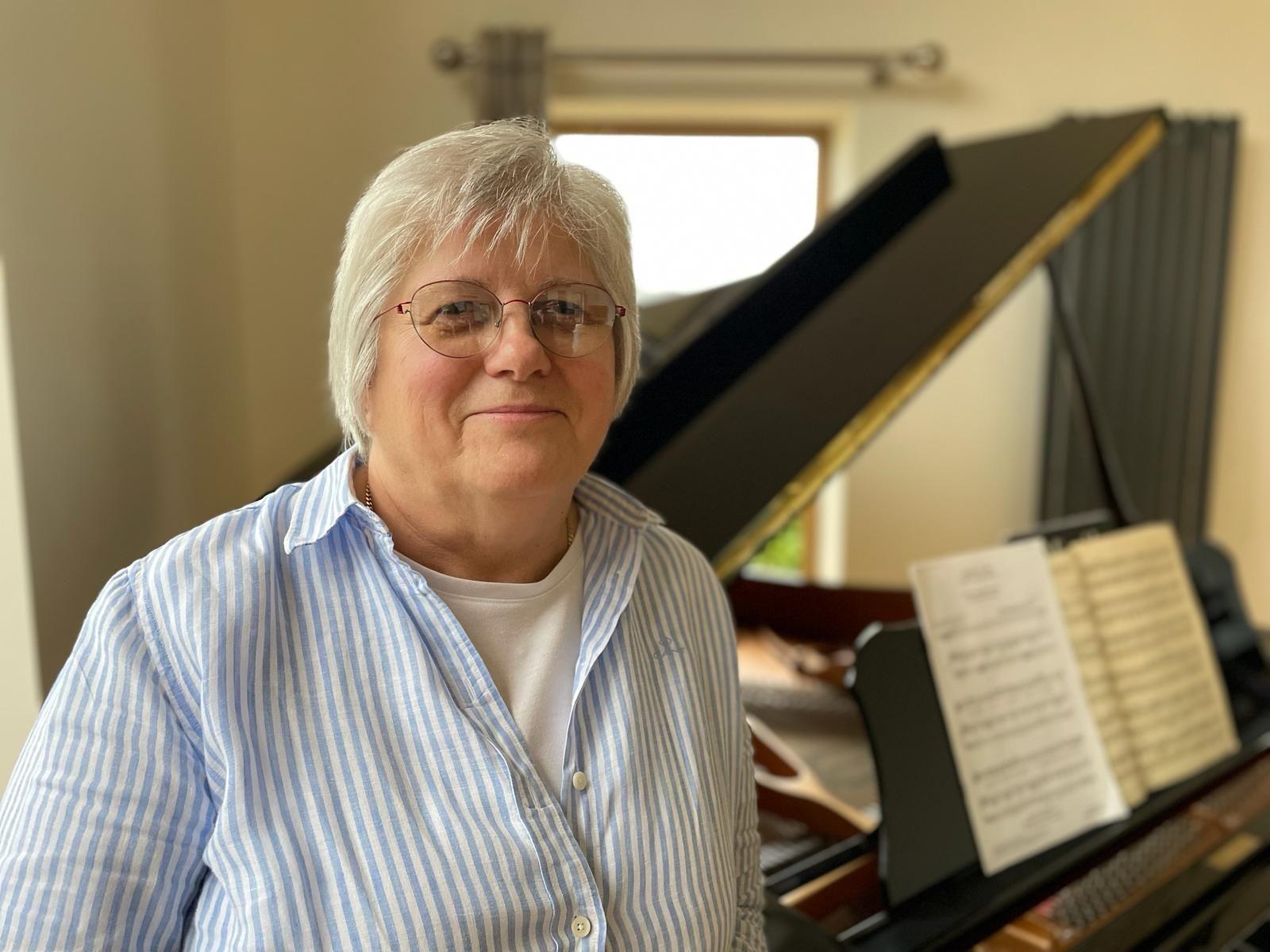
Ann Richards' husband Eirwyn died from hospital-acquired Covid in January 2021
It was in stark contrast to the pre-Covid norm, when staff would come to know everything about a patient and their loved ones – with family photos and trinkets around the bed.
Infection-control measures – particularly in the early days of the pandemic – meant none of that was possible.
But not being able to say goodbye or see the body of their loved ones left many Covid-bereaved in an ongoing state of disbelief.
"For a long time I would pass the hospital and think 'is he still there?'" said Ann Richards, from Llandeilo, Carmarthenshire.
“Have they kidnapped him?” she laughed, recognising the absurdity of her question.
When her husband Eirwyn passed away in January 2021 she was told the news over the phone and was then unable to see his body at the funeral home.
"He died in a room on his own," she said.
"We weren’t allowed to see him and say our final goodbye. I know he’s gone, but we never had that final time together.
"He was put straight into a body bag and put into a coffin."
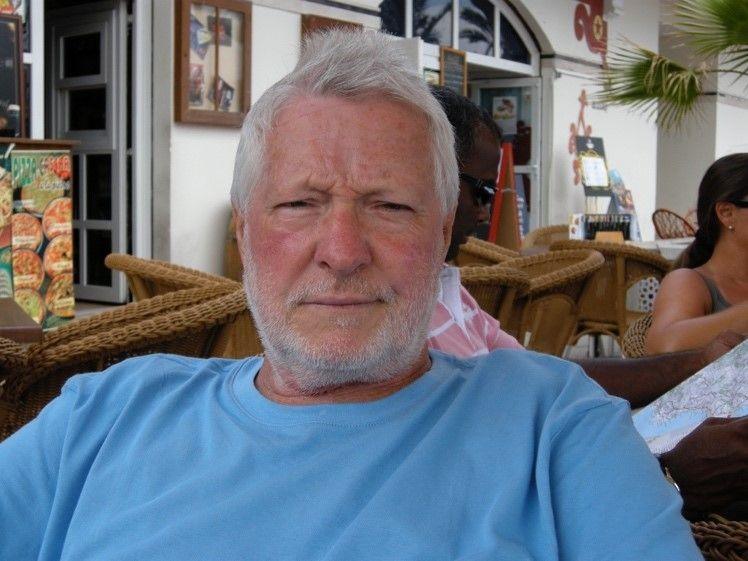
Eirwyn Richards was not able to have his family with him when he died
It is these unforeseen harms from decisions made during the pandemic that many hope will be addressed by the inquiry.
Dr McClelland said it was a familiar theme and she had encountered many bereaved relatives who still hoped there had been a mistake, simply because they were not there to witness the terminal decline first hand.
"This is a well-known psychological phenomenon and there are lots of people affected by this," she said.
"One gentleman would phone us every night to ask about his daughter and she'd died weeks and weeks before - he just wasn't able to be there at the end."
The harms from the choices made during that period are Dr McClelland’s third source of anger.
She is keen to hear decision makers explain why so much non-emergency healthcare was put on hold.
"I do think there is a great deal of anger within healthcare about the way that elective work was managed during that time," she said.
"Because it has now had such a significant impact and we are so far behind that we have let down hundreds of thousands of people - and therefore the true toll is still unfolding.
"We need to ask who is going to take true accountability for the impact that continues to have and that these decisions may very well have been the final nail in the coffin for the Welsh NHS."
There was also personal toll for those on the front line.
"We all put ourselves in the position of working within a high acuity Covid environment, knowing that we were surrounded by people who were dying and we could very well be next," she said.
"It was petrifying and we wondered whether we’d see our mums and dads again – whether we’d be there to raise our children.
"But we did what we had to do – thankfully, most of us did OK, but not everybody.
"We lost lots of colleagues who were doing exactly the same thing, but they had risk factors or were just extremely unlucky and they lost their lives caring for patients."
A spokesperson for Aneurin Bevan University Health Board said: “We would like to make it clear that Dr McClelland has not worked for the health board since 2020 and her views are not representative of the health board, nor her former critical care consultant colleagues.
“During the Covid-19 pandemic, the health board followed national guidance and implemented testing for care homes as soon as testing resource was made available to us.
“The health board would also like to reassure the public that at no stage did we completely stop elective surgery. We were able to isolate one of our hospitals and continued with urgent elective surgery for our patients.
“Losing any patient, whether in our hospitals or in a care setting, is devastating to the families involved but also to our NHS staff who put their own lives and families at risk to care for others during unprecedented and frightening times.”
Related topics
- Published28 May 2024

- Published6 December 2023
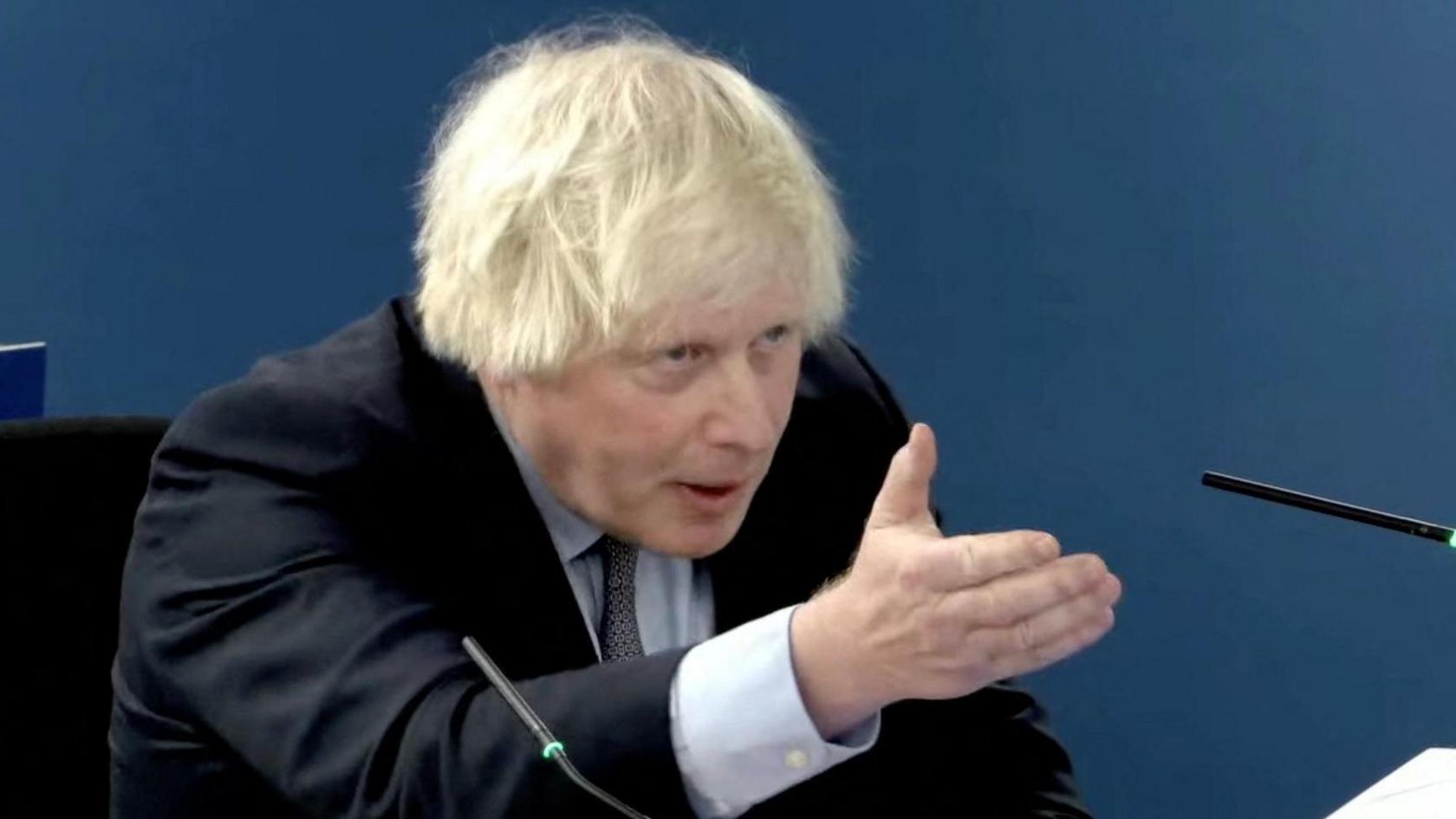
- Published1 December 2023
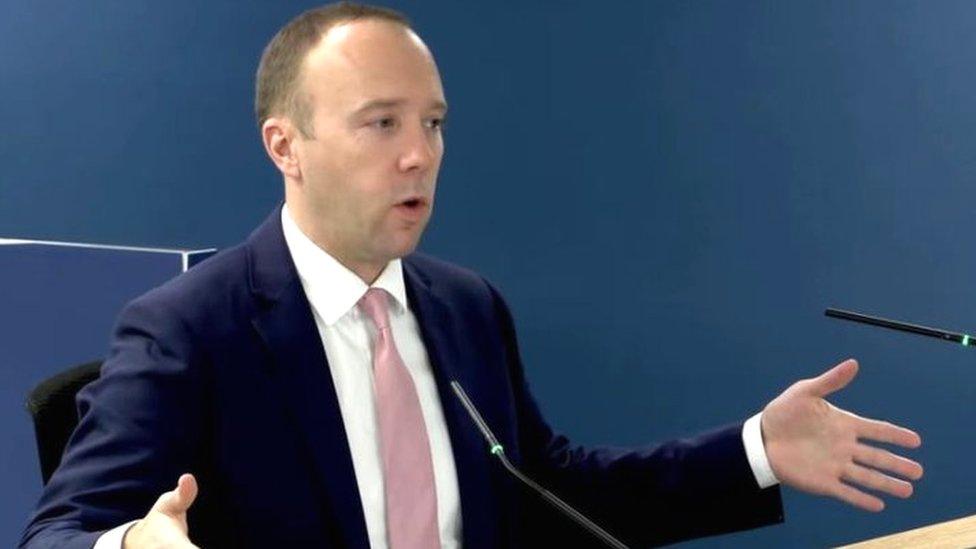
- Published11 July 2023
